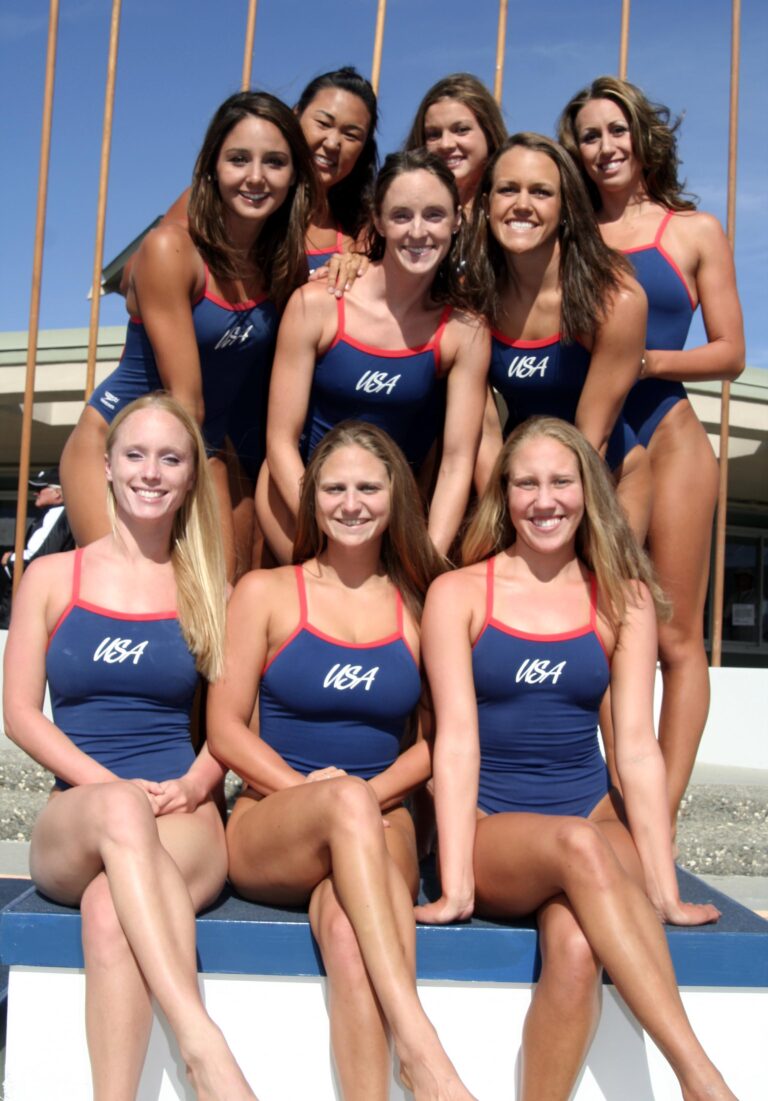In a decisive session punctuated by spirited debate, the USA Swimming House of Delegates has voted against proposed changes to Local Swimming Committee (LSC) boundaries and officiating regulations. The outcome, announced during the recent national meeting, signals the organization’s commitment to maintaining current structures amid concerns from regional representatives and officials. This development, reported by SwimSwam, underscores ongoing discussions within the USA Swimming community about governance, regional alignment, and the future direction of the sport at the grassroots level.
USA Swimming House of Delegates Rejects Proposed Local Swimming Committee Boundary Revisions
In a pivotal vote during the recent House of Delegates meeting, members decisively rejected the proposed revisions to the Local Swimming Committee (LSC) boundaries that USA Swimming had suggested earlier this year. The proposal aimed to realign jurisdictions in an effort to better distribute resources and streamline competition logistics across regions. However, concerns over potential disruptions to established club relationships and travel burdens for athletes ultimately swayed the vote against the changes. Delegates emphasized the importance of preserving community integrity and voiced skepticism about the purported benefits of redistricting.
Alongside the boundary revision proposal, a set of officiating rule modifications was also presented but met similar resistance. Critics highlighted that the suggested changes lacked sufficient consultation with grassroots officials and could complicate meet operations rather than improve fairness. Key points of contention included:
- Increased certification requirements for local officials
- Stricter enforcement protocols that might slow event flow
- Implementation timelines deemed too aggressive
The rejection reinforces the current structure’s stability while signaling USA Swimming’s need to engage more inclusively with the LSCs and officials before advancing future reforms.
Debate Highlights Concerns Over Impact on Athlete Development and Regional Representation
Delegates voiced strong reservations about how the proposed LSC boundary adjustments could potentially disrupt established athlete development pipelines. Several representatives emphasized that splitting or merging Local Swimming Committees might hinder tailored coaching strategies and athlete progression, risking a dilution of resources critical for nurturing competitive swimmers. The fear is that altering longstanding boundaries could create inconsistencies in training quality, ultimately impacting athletes’ ability to reach their full potential on both regional and national stages.
Concerns were also raised over the regional representation and equity within USA Swimming’s governance. Opponents argued that boundary changes might lead to uneven distribution of athletes and officials, weakening some regions while disproportionately strengthening others. Key points highlighted by delegates included:
- Potential loss of local identity and competitive spirit within LSCs
- Challenges in maintaining balanced representation on voting bodies
- Risk of marginalizing smaller or less-resourced areas
- Possible confusion and logistical hurdles for meet scheduling and officiating assignments
| Issue | Potential Impact |
|---|---|
| Boundary Realignment | Disrupted athlete development pipelines |
| Regional Representation | Unequal influence in decision-making |
| Officiating Changes | Confusion in assignment and consistency |
Experts Recommend Increased Stakeholder Engagement and Comprehensive Review of Officiating Policies
Amid the heated debates surrounding the recent proposals, experts from various corners of the swimming community have called for a more inclusive dialogue that brings all stakeholders to the table. They emphasize the importance of engaging coaches, officials, athletes, and local swim committees in ongoing discussions to build consensus and enhance transparency. This collaborative approach is seen as crucial to forging officiating policies that reflect the diverse needs and realities within the sport, fostering trust and consistency across all levels of competition.
In addition to engagement, a comprehensive and systematic review of current officiating policies has been urged. Specialists advocate for the establishment of a structured framework that regularly assesses policy effectiveness through clear metrics, incorporating feedback loops and continuous education. Below is a summarized comparison of current challenges versus recommended focus areas:
| Current Challenges | Recommended Focus Areas |
|---|---|
| Limited stakeholder input | Broad-Based Engagement |
| Inconsistent rule application | Uniform Training Programs |
| Infrequent policy review | Scheduled Comprehensive Reviews |
| Lack of transparent communication | Open Feedback Channels |
Closing Remarks
The vote by the USA Swimming House of Delegates to reject the proposed LSC boundary adjustments and officiating changes marks a significant moment in the ongoing dialogue about the sport’s governance. As stakeholders continue to debate the best path forward, the decision underscores the complexities involved in balancing regional representation and officiating standards. USA Swimming leadership has indicated plans to revisit these discussions in future sessions, signaling that further developments are likely as the organization seeks to address the evolving needs of its members.




